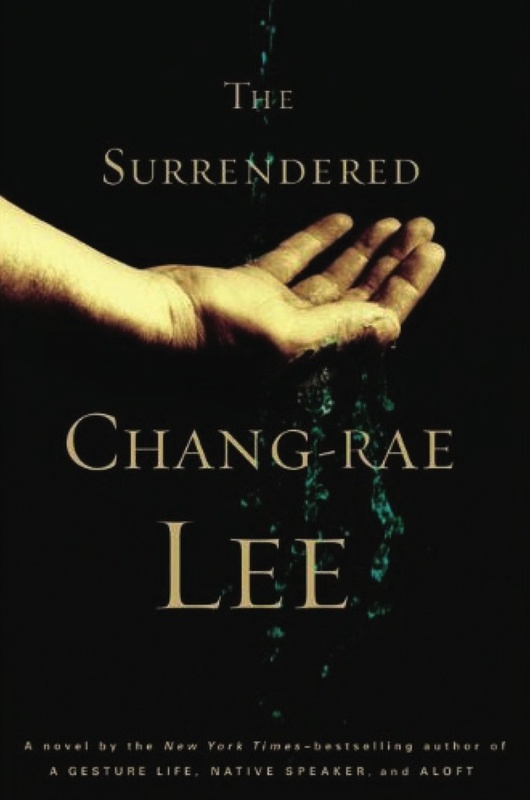The Korean War is America’s forgotten war. It rarely registers on the national consciousness — except among Korean-Americans. For them, it’s personal; the historic divide between Old Country and New and the source of painful memories of separated families and loved ones lost forever.
Chang-rae Lee’s early novels “Native Speaker” and “A Gesture Life” dramatized the tensions created by straddling these disparate cultures. Reticent, guarded, alert for nuances that non-immigrants take for granted, his characters struggled to make their way in a sometimes unforgiving land. With “Aloft,” however, set on Long Island and featuring a middle-aged protagonist akin to John Updike’s Rabbit Angstrom, Lee began to probe more mainstream American dilemmas of family, work and class. The issue of Korean-American identity faded into the background.
The Korean War itself hasn’t been front and center on Lee’s radar, until now. That bloody conflict is what jump-starts and haunts his latest novel. Yet “The Surrendered” also transcends this particular war to underscore warfare’s permanent scars. Those who survive are condemned never to forget.
We first meet June Han, the gritty survivor at the novel’s heart, as an 11-year-old orphan navigating the anarchy of the Korean War. Desperate to save her younger siblings from starvation, she begs for food, hides from barbarous soldiers, flees the fighting atop a boxcar. Lee excels at writing not only gripping scenes like these that expose treachery and valor but also the vitality-choking aftermath that lasts a lifetime. June, it turns out, can barely save herself, let alone anyone else.
Jump to New York in 1986. Middle-aged and ravaged by stomach cancer, June closes her antiques shop and resolves to track down her 20-something son. Sent on a “grand tour” of Europe after high school, Nick hasn’t been seen since.
Meanwhile, in suburban New Jersey, Hector Brennan drifts from one menial job to the next and drinks the nights away. Guilt-ridden about the accidental drowning of his father, he had joined the Army, fought in Korea and worked in an orphanage run by American missionaries after the war. There he met the teenage June and was irresistibly drawn to the director’s wife, Sylvie Tanner, a troubled soul with demons of her own.
Lee’s narrative, veering between past and present, builds an enormous cumulative power. At times, it runs off course with an improbable plot twist or melodramatic moment. And the author’s penchant for grand allusions linking this ill-fated trio can give the book an overly schematic feel. In the end, though, he’s too shrewd a character analyst to put off the reader for long.
Each orphaned and damaged, June, Hector and Sylvie deal differently with their wounds. Yet each struggles to create what Hector calls “the haven of a simple, decent love,” to make of life something other than “a tomb for the living.” Self-loathing, coolly detached or mired in addiction, these characters demand to be watched.
Chang-rae Lee, this story’s relentless creator-god, keeps us pinned to the window, staring inside, however unsettling the scene.
Send questions/comments to the editors.



Success. Please wait for the page to reload. If the page does not reload within 5 seconds, please refresh the page.
Enter your email and password to access comments.
Hi, to comment on stories you must . This profile is in addition to your subscription and website login.
Already have a commenting profile? .
Invalid username/password.
Please check your email to confirm and complete your registration.
Only subscribers are eligible to post comments. Please subscribe or login first for digital access. Here’s why.
Use the form below to reset your password. When you've submitted your account email, we will send an email with a reset code.